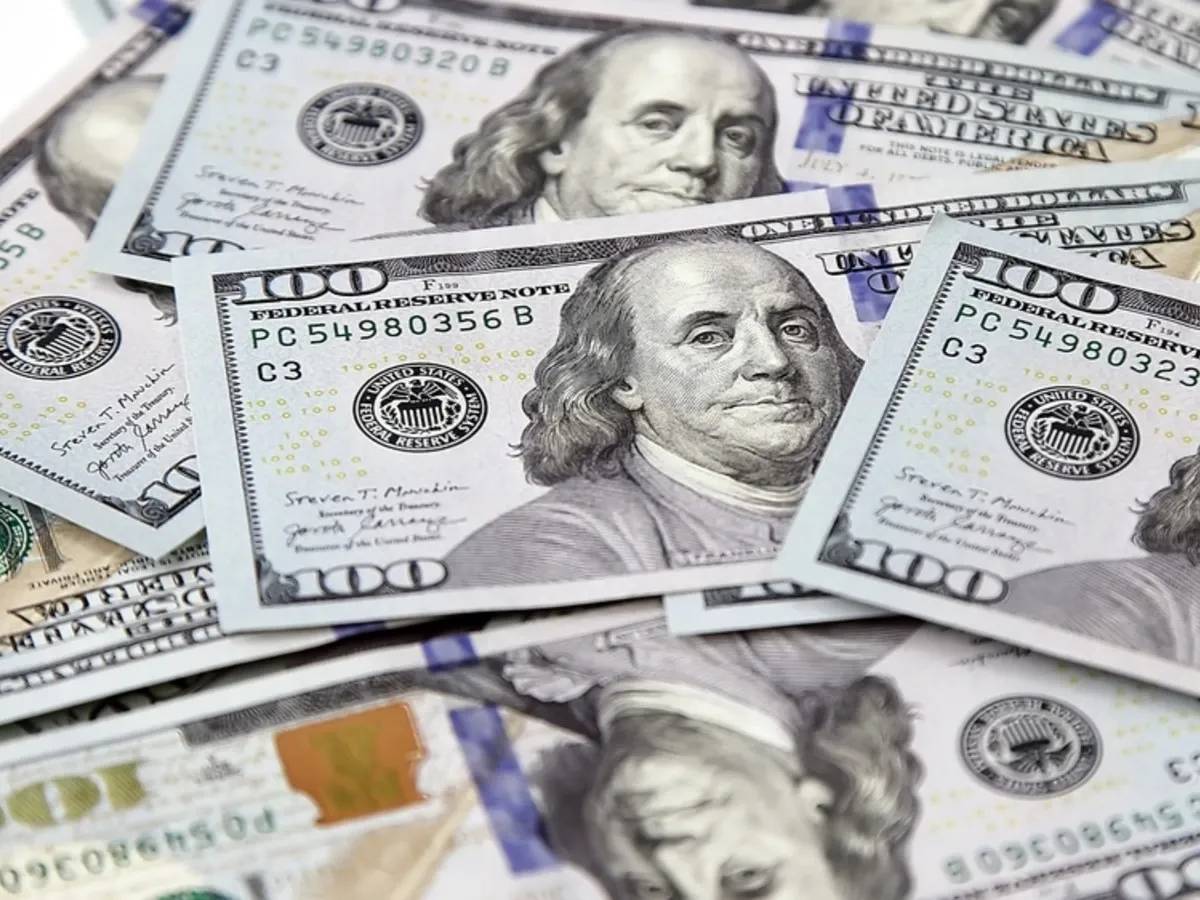Business News
US budget deficit balloons to $1.3 trillion in 6M FY25, second-highest on record
.png)
2 min read | Updated on April 11, 2025, 09:11 IST
SUMMARY
This development comes at a time when the Trump Administration has appointed Elon Musk's Department of Government Efficiency (DOGE) to reduce unnecessary spending in the federal government.

On Thursday, the House Republicans gave the green light to slashing taxes and government spending. | Image: Shutterstock
The budget deficit of the United States has expanded to more than $1.3 trillion in the first half of the financial year 2024-25, which is its second-highest six-month deficit, as per the Treasury Department data. The US follows the October to September fiscal year.
The October-March deficit comes during the governments of President Joe Biden and President Donald Trump. The highest-ever first-half deficit was recorded in 6M FY21 during the COVID-19 pandemic.
What is a deficit?
A deficit occurs when the spending by the federal government surpasses its revenue. The US government has spent $1.307 trillion more than it has collected in the first half of FY25.
This development comes at a time when the Trump Administration has appointed Elon Musk's Department of Government Efficiency (DOGE) to reduce unnecessary spending in the federal government.
On Thursday, the House Republicans gave the green light to slashing taxes and government spending.
Taking to Truth Social, Trump said, "Congratulations to the House on the passage of a bill that sets the stage for one of the Greatest and Most Important Signings in the History of our Country. Among many other things, it will be the Largest Tax and Regulation Cuts ever even contemplated. MAKE AMERICA GREAT AGAIN!"
DOGE has recommended cutting a big chunk of 2.4 million of the federal workforce, including eliminating entire agencies such as the Education Department and downsizing other departments.
The record-high interest paid on the public debt was among the key drivers of the deficit in the fiscal. The number stood at $582 billion, reflecting a $60 billion increase from the year-ago period.
Meanwhile, the Treasury received $8.7 billion in customs duties in March, an increase of $2 billion from the same month last fiscal. The surge was due to the recent tariff hike.
Related News
About The Author
Next Story


